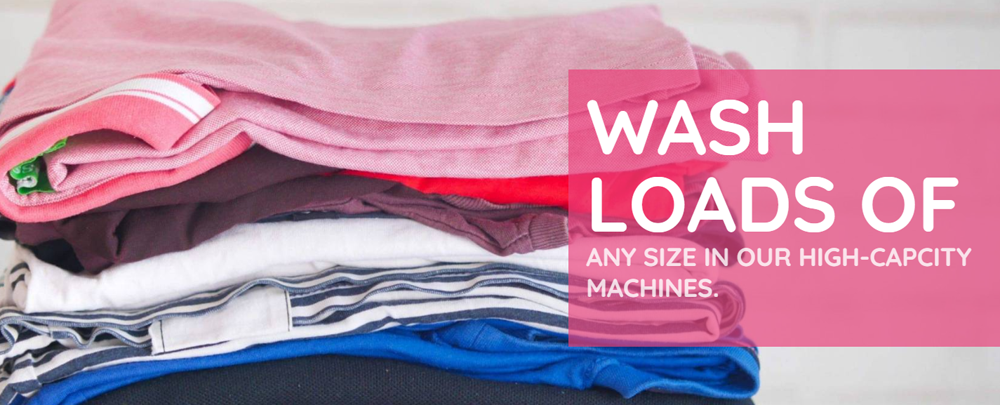

West Flamingo Fluff & Fold
Clothing
Las Vegas / NV / US




 0 (0)
0 (0)
0 followers
Staying Clean and Green: Navigating New Regulations in the Dry Cleaning and Laundry Industry
In the world of dry cleaners and laundries, staying compliant with changing regulations is as crucial as removing stubborn stains. Recent updates to environmental and health regulations have significant implications for these businesses.
Environmental Impact of Chemicals
Historically, the dry cleaning industry has relied on chemicals like perchloroethylene (PERC), which poses environmental and health risks. New regulations are phasing out the use of such chemicals, pushing businesses towards more eco-friendly alternatives.
Switch to Greener Alternatives
Many dry cleaners are transitioning to greener methods like liquid carbon dioxide cleaning and silicone-based solvents. These alternatives are not only safer for the environment but also reduce the risk of health hazards to employees and customers.
Water Conservation Efforts
Laundries face regulations aimed at reducing water consumption. Innovative washing machines and water recycling systems are becoming standard, helping businesses meet these regulatory requirements while also cutting down operational costs.
Waste Disposal and Recycling
Regulations around waste disposal, particularly concerning chemical and water waste, are tightening. Businesses must adhere to strict guidelines for disposing of used chemicals and water, necessitating investment in proper waste management systems.
Labeling and Consumer Awareness
New regulations also demand better labeling of chemicals and processes used, enhancing transparency for consumers. This shift not only helps in building customer trust but also promotes a more informed decision-making process for users.
Impact on Small Businesses
While these changes are positive for the environment and public health, they pose challenges, especially for small businesses. Compliance often requires significant investment in new equipment and training, impacting operational costs.
Navigating these regulatory waters is essential for the survival and success of dry cleaners and laundries. Those who adapt swiftly not only contribute to a healthier planet but also position themselves as responsible, forward-thinking businesses in the eyes of their customers.

In the world of dry cleaners and laundries, staying compliant with changing regulations is as crucial as removing stubborn stains. Recent updates to environmental and health regulations have significant implications for these businesses.
Environmental Impact of Chemicals
Historically, the dry cleaning industry has relied on chemicals like perchloroethylene (PERC), which poses environmental and health risks. New regulations are phasing out the use of such chemicals, pushing businesses towards more eco-friendly alternatives.
Switch to Greener Alternatives
Many dry cleaners are transitioning to greener methods like liquid carbon dioxide cleaning and silicone-based solvents. These alternatives are not only safer for the environment but also reduce the risk of health hazards to employees and customers.
Water Conservation Efforts
Laundries face regulations aimed at reducing water consumption. Innovative washing machines and water recycling systems are becoming standard, helping businesses meet these regulatory requirements while also cutting down operational costs.
Waste Disposal and Recycling
Regulations around waste disposal, particularly concerning chemical and water waste, are tightening. Businesses must adhere to strict guidelines for disposing of used chemicals and water, necessitating investment in proper waste management systems.
Labeling and Consumer Awareness
New regulations also demand better labeling of chemicals and processes used, enhancing transparency for consumers. This shift not only helps in building customer trust but also promotes a more informed decision-making process for users.
Impact on Small Businesses
While these changes are positive for the environment and public health, they pose challenges, especially for small businesses. Compliance often requires significant investment in new equipment and training, impacting operational costs.
Navigating these regulatory waters is essential for the survival and success of dry cleaners and laundries. Those who adapt swiftly not only contribute to a healthier planet but also position themselves as responsible, forward-thinking businesses in the eyes of their customers.

1 Likes
